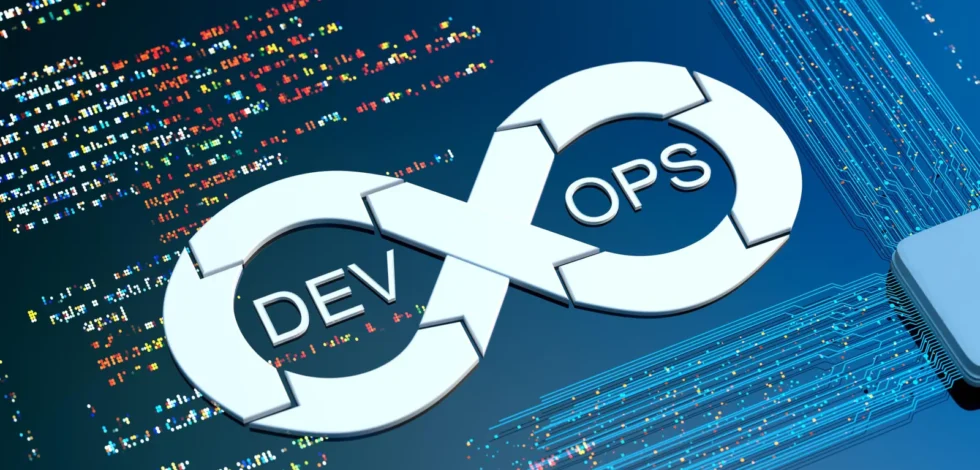Adopting DevOps principles and tools has become crucial for enterprises looking to deliver high-quality software products quickly in today’s fast-paced world of software development. DevOps is a culture and approach that stresses collaboration between development and operations teams. Having the appropriate tools to execute the DevOps approach successfully would be best. DevOps Consulting could be a great choice if you are new to DevOps and want to implement this approach in your business operations. The significance of DevOps, implementation methods, and numerous tools for the task will all be covered in this blog.
What is DevOps?
DevOps combines the words “Development” and “Operations.” It’s a collection of procedures aimed at automating and mixing the processes of software development and IT operations. DevOps’s main objectives are shortening the system development life cycle, increasing the frequency of software releases, and enhancing the quality and dependability of software applications.
DevOps promotes teamwork, communication, and automation throughout the whole lifecycle of IT operations and software development. It improves team collaboration, streamlines manual tasks, and encourages automation in software development, testing, and deployment.
The Right Strategy to Implement DevOps in Your Project
The correct approach for deploying DevOps solutions in your project is after completing the prerequisites mentioned below:
Define Goals
Establish precise goals and targets for your DevOps implementation. Decide what you want to accomplish, whether it’s more frequent releases, more excellent quality, or more effective teamwork.
Assessment of Current Processes
Recognize your present operations and development procedures. Find areas that could benefit from automation, bottlenecks, and manual processes.
Implement DevOps
DevOps is a collaborative culture, not just a set of tools. Encourage collaboration, the dismantling of silos, and responsibility sharing among your staff.
Selecting Right Tools
Pick DevOps tools that fit the requirements and objectives of your project. Process automation, increased productivity, and improved communication are all goals of tools.
Continuous Learning
The field of DevOps is evolving. Encourage your teams to learn and get better all the time. Keep current with new tools and industry best practices.
Let’s discover the DevOps tools. These tools can be divided into various phases of the pipeline for developing and delivering software. Here is an explanation:
CI/CD Tools
- Jenkins: An open-source server for automated code development, testing, and deployment.
- Circle CI: Provides a cloud-based CI/CD platform for software development automation.
Collaboration & Communication Tools
- Slack: A well-known team collaboration application that facilitates real-time conversation and file sharing.
- Microsoft Teams: Chat, video conferencing, and connection with other Microsoft programs are available.
Version Control & Code Management
- Git: The most extensively used source code version control system.
- GitHub: A Git-based web platform for version control and collaboration.
Containerization and Orchestration
- Docker: A software platform for designing, delivering, and operating containerized applications.
- Kubernetes: A container orchestration platform that is open source and used to automate container deployment, scalability, and management.
Security and Compliance Tools
- SonarQUBE: An open-source framework for continuous code quality inspection.
- OWASP ZAP: A security testing tool for identifying flaws in web applications.
Collaboration and Project Management
- Jira: A trendy project and issue management tool.
- Asana: A Comprehensive project management tool.
Conclusion
DevOps is more than simply technologies; it combines culture, methods, and tools that optimize software development and operations. When choosing the best DevOps tools for your project, remember the project’s goals, processes, and team cooperation requirements. DevOps solutions should promote automation, optimize workflows, and improve communication to deliver faster, more reliable software. To effectively embrace the power of DevOps, stay flexible, regularly analyze and enhance your tool set, and foster a culture of learning and cooperation inside your organization.

